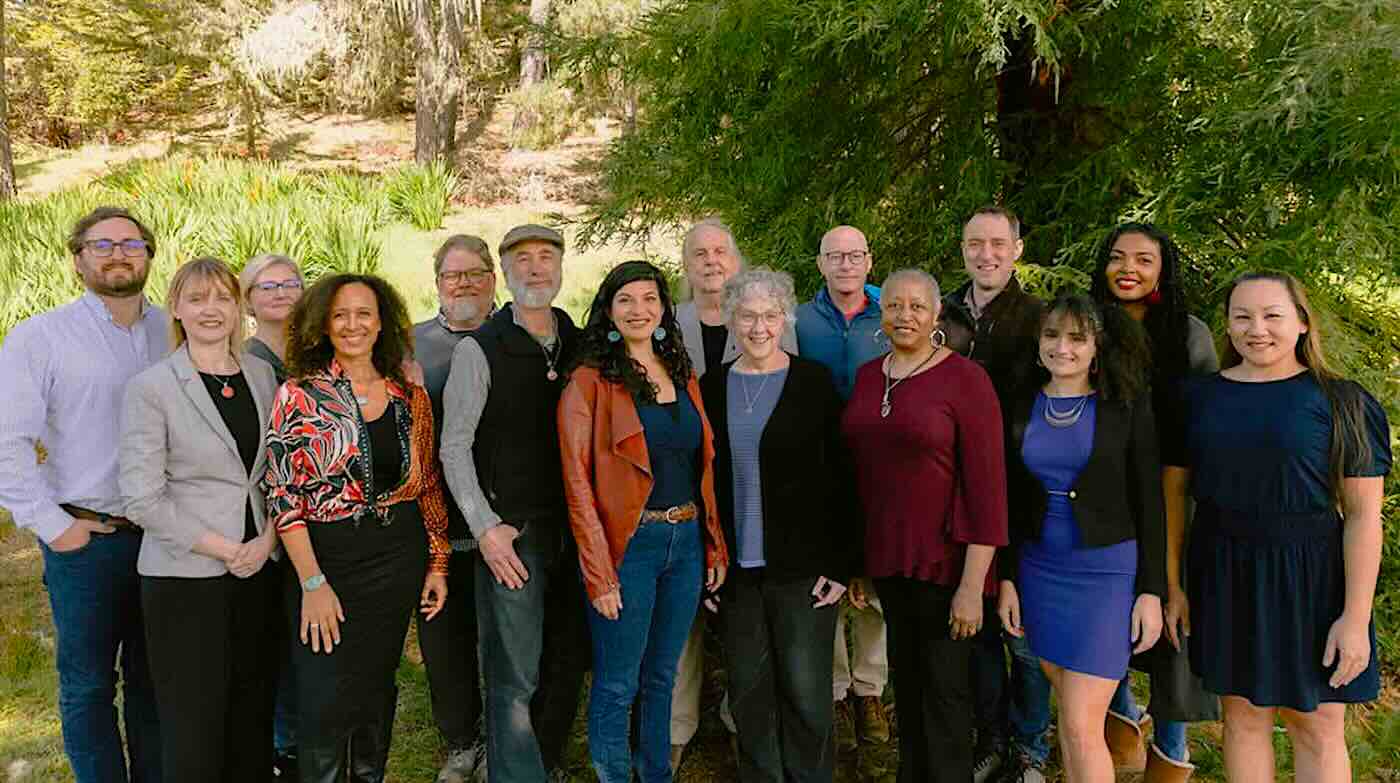When Jared Polis became Colorado’s governor in 2019, he created an employee ownership office to incentivize and provide support for retiring owners to exit to employees.
Polis also introduced tax credits for employee ownership structures and a cash collateral program to help finance conversions and provide liquidity to selling business owners.
“Colorado is the first state in the country to codify the substantive characteristics of employee ownership in a way that is form-agnostic, paving the way for companies that meet a rigorous legal standard to gain access to benefits,” said Jason Wiener of the Colorado Employee Ownership Commission at the Aspen and Rutgers’ Institute’s Employee Ownership Ideas Forum in DC last week.
Such efforts have boosted the number of employee-owned businesses in the state. Employee ownership funds like Apis & Heritage, based in Washington, DC, are competing for employee-led buyout deals in Colorado. More than 63 Colorado companies have gone through an ownership transition using state programs since 2021, according to the commission.
The three-day Aspen Institute gathering showcased how federal and state policymakers can work with private investors to build an equitable and inclusive ownership economy. Senator Chris Van Hollen last year introduced the Employee Equity Investment Act for the creation of Employee Equity Investment Companies to finance employee stock ownership plans, or ESOP conversions.
“The goal is to overcome some of the hurdles by providing loan guarantees to investment funds that are devoted to expanding employee ownership,” Van Hollen told forum participants during a visit to Capitol Hill.
“By expanding employee ownership and participation, we can create stronger companies and improve working conditions for the working class throughout the country,” added Sen. Bernie Sanders. “We have an unprecedented level of income and wealth inequality, in which 60% of our people are struggling paycheck to paycheck, while the billionaire class has never had it so good.”
Employee ownership is “a big deal,” Sanders said. “The work that you’re doing is a little bit revolutionary. It suggests that people don’t have to just work for other people. They can actually own the places that they work in and be part of the decision making process.”
Ownership asset class
“For a lot of investors, employee ownership is an easy no,” Phil Reeves of Apis & Heritage said during a panel discussion. Employee ownership is new as an asset class for a lot of allocators, and doesn’t fit into the typical equity and credit boxes of a lot of limited partners.
Apis & Heritage raised $58 million in 2022 for its Legacy Fund, an employee-led buyout fund that provides financing for companies with large Black and Brown workforces of color transitioning to 100% employee ownership. The fund has completed four deals in Colorado, Texas and Oregon.
One of the greatest myths is that employee ownership is a buyer’s last resort, says Reeves. “What that means to investors is it must not be that great of a strategy, and that could not be further from the truth.”
Apis & Heritage had to win the Sky Blue Builders deal in a competitive process. “We weren’t in fact the first buyer there, but we were able to win that transaction in a competitive process and that means we can get great assets and deliver great returns for our investors,” Reeves said.
Sorenson Impact Foundation was the first institutional LP in Apis & Heritage Legacy Fund.
“There’s kind of a notion that employee ownership is concessionary; that you’re not gonna make market-rate returns,” says Jim Sorenson. The foundation’s ecosystem-building work aims to show “that there’s a spectrum, and that you can make market-rate returns with impact investments.”
Amy Brakeman’s multi-donor Unlock Ownership Fund is on the hunt for first-time managers that are launching funds to finance employee-ownership transitions and increase home ownership rates in marginalized communities.
“I came out of just being an individual investor with my own little decision process. I would love to see us come together more as a collective on the financing and investor side, understanding what different roles we can play,” says Brakeman. “If we had a better understanding of who’s in each ecosystem, whether it’s in finance, employee ownership, or homeownership or some other broader asset redistribution model, then we could work better together.”
With more business owners considering employee ownership trusts due to its inexpensive and flexible structure, Zoe Schlag’s Common Trust is looking to prove out the model as more than just an exit strategy.
Ownership Works, led Anna-Lisa Miller, has mobilized more than 30 private equity firms to implement broad-based employee ownership at some portfolio companies. By 2030, the nonprofit aims to generate at least $20 billion of wealth for working families in the US.
Colorado calling
Colorado is home to over 200 companies that are owned by employees through structures like ESOPs, employee ownership trusts, or EOTs, and worker-owned cooperatives, or worker co-ops.
When Apis & Heritage was structuring the ownership transition of Denver’s Sky Blue Builders, its second employee-led buyout, or ELBO deal in the state, it tapped Colorado’s collateral program to secure debt financing from VectraBank Colorado. The program offers a cash deposit of up to $20 million for businesses without sufficient to access loan capital.
Colorado “has made a real point of encouraging broad-based ownership,” Apis & Heritage’s Michael Brownrigg told ImpactAlpha. The state programs “help subsidize some of the extra costs that sellers have to go through to help banks feel comfortable jumping into the senior lending role of a leveraged ESOP transaction.”
Gov. Polis in 2021 signed an employee ownership tax credit for state income taxes on up to half of a business’s conversion costs. The bill initially provided $10 million in tax credits to finance professional service costs of a transition to employee ownership. Because of pushback from owners due to the high upfront costs of ownership transitions, particularly via ESOPs, the bill has been expanded to provide $50 million in tax credits for businesses converting to employee ownership.
Through an employee ownership grant program, the Colorado Employee Ownership Commission has facilitated 21 employee ownership conversions, predominantly through worker co-ops.
“Since the inception of these initiatives, we’ve witnessed a remarkable surge in employee ownership conversions,” Wiener said. The commission is working with the Minority Business Office of Colorado to increase the number of employee-owned businesses in communities of color and other disinvested businesses.











